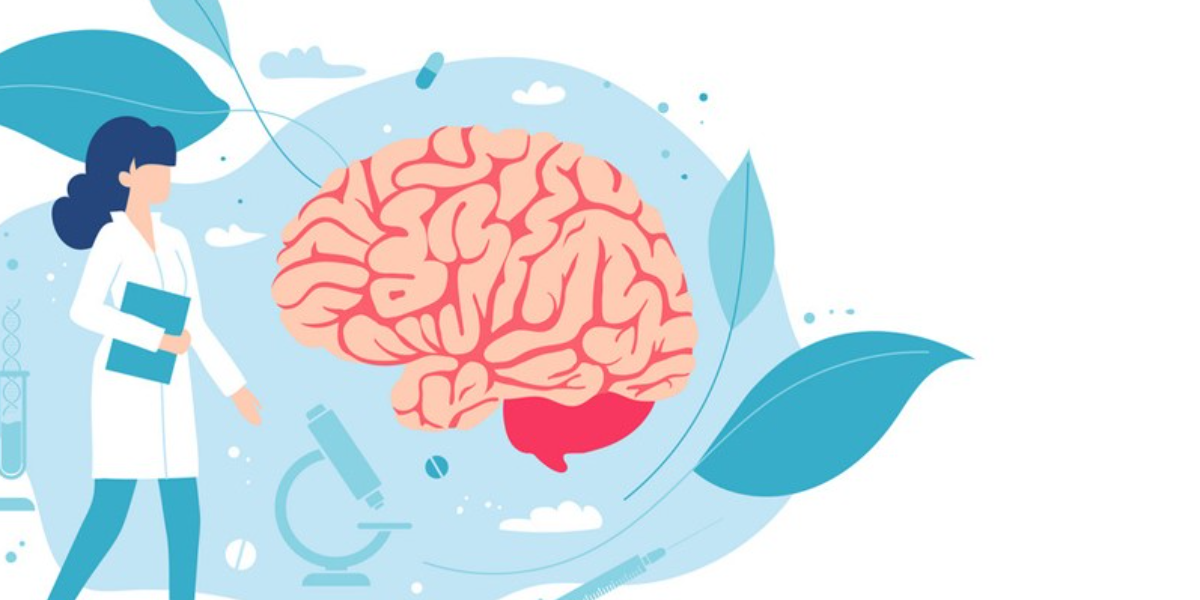
- 17 Aug 2021
- |
- By Admin
Physiotherapy for Neurological Problems – Stroke, Multiple Sclerosis, and Parkinson’s Disease
For patients with neurological conditions such as stroke, multiple sclerosis, and Parkinson’s disease, physiotherapy has several inherent advantages in treatment and minimizing the impact. With proper and timely physiotherapy, patients with neurological conditions witness gradual improvement and help the patient to lead a normal life.
In this blog, we will discuss some common causes for such neurological conditions and physiotherapy treatments, along with the effect of dopamine in neurological conditions.
Causes Of Stroke, Multiple Sclerosis and Parkinson’s Disease
In Neurological conditions, the patient’s movement and mobility are impacted, along with functional disorders, due to impairments impacting the nervous system, spinal cord, and brain.
Some of the common conditions related to neurological problems include Stroke, Multiple Sclerosis, and Parkinson’s Disease.
The main cause of Stroke is when the brain suddenly stops receiving the supply of blood, which prevents the brain tissues from getting oxygen and nutrients. Within minutes, brain cells start to die, and it’s an emergency situation for the patient.
In the case of Multiple Sclerosis or MS, the main cause is a communication breakdown between the brain and the rest of the patient’s body. This communication problem is triggered when the immune system, by mistake, attacks myelin which is the protective sheath covering the nerve fibers. MS can lead to immobility and loss of movement.
The cause of Parkinson’s Disease is gradual and progressive nervous system disorder, and it directly affects the movement of the patient. It starts with normal tremors and graduates into intense and massive tremors, which leads to stiffness of limbs, and slowing of movement. In severe cases, the patient experiences impaired balance and posture as well.
Impact Of Dopamine On Neurological Disorders
Dopamine is a chemical, which is medically known as a neurotransmitter, that sends signals to the brain from different parts of the body.
A right balance of dopamine is essential for the well-being of the human body: Both mentally and physically. Dopamine impacts the movement of the body, along with emotional responses. Critical brain functions such as sleep, learning, mood, concentration, memory, learning, motor control, and more are directly impacted by the level of dopamine in the human body.
Lack of dopamine, in fact, can lead to depression and Parkinson’s Disease.
Physiotherapy Treatment For Stroke, Multiple Sclerosis and Parkinson’s Disease
For most neurological conditions including Stroke, Multiple Sclerosis, and Parkinson’s Disease, there are some physiotherapy-based treatments, that can assist the patient to recover faster, and lead the normal day-to-day life.
The physiotherapy exercises are targeted and focused to stimulate the nervous system and improve muscle strength, movement, coordination, and balance. As a direct result of the exercises, the patient is able to gradually recover loss of motion, strengthen muscles, increase balance and stamina.
Some of the common exercises which are suggested for neurological conditions such as Stroke, Multiple Sclerosis, and Parkinson’s Disease:
Mobilization
Positioning and Splinting
Active and passive limb exercises
Breathing exercises
Bed exercises
Strengthening and Endurance exercises
Our UK-trained and certified Physiotherapists at CureNow Wellness Physiotherapy can diagnose the neurological condition impacting the patients, and suggest the best physiotherapy-based treatment for minimizing the impact and help the patient recover faster.
Consult with our expert Physiotherapists at CureNow Wellness Pvt. Ltd., F-Residences, Shop # 25, First Floor, Wadgaon Sheri, Kalyani Nagar Annexe, Pune - 411014, Maharashtra, or visit our website.
- Neuromuscular Physiotherapy: This Is How Brain, Nerves & Spinal Cord Disorders Can Be Treated
- Spinal Cord Injury: 3 Spine Physiotherapy Treatments Recommended By Experts
- What Is Cardiovascular Physiotherapy? What Are The Benefits Of Physiotherapy In Cardiac Rehab?
- What Is Musculoskeletal Physiotherapy?
© Copyright CURENOW . All Rights Reserved. Presented By
RISIAR Step In Business Hub Pvt Ltd